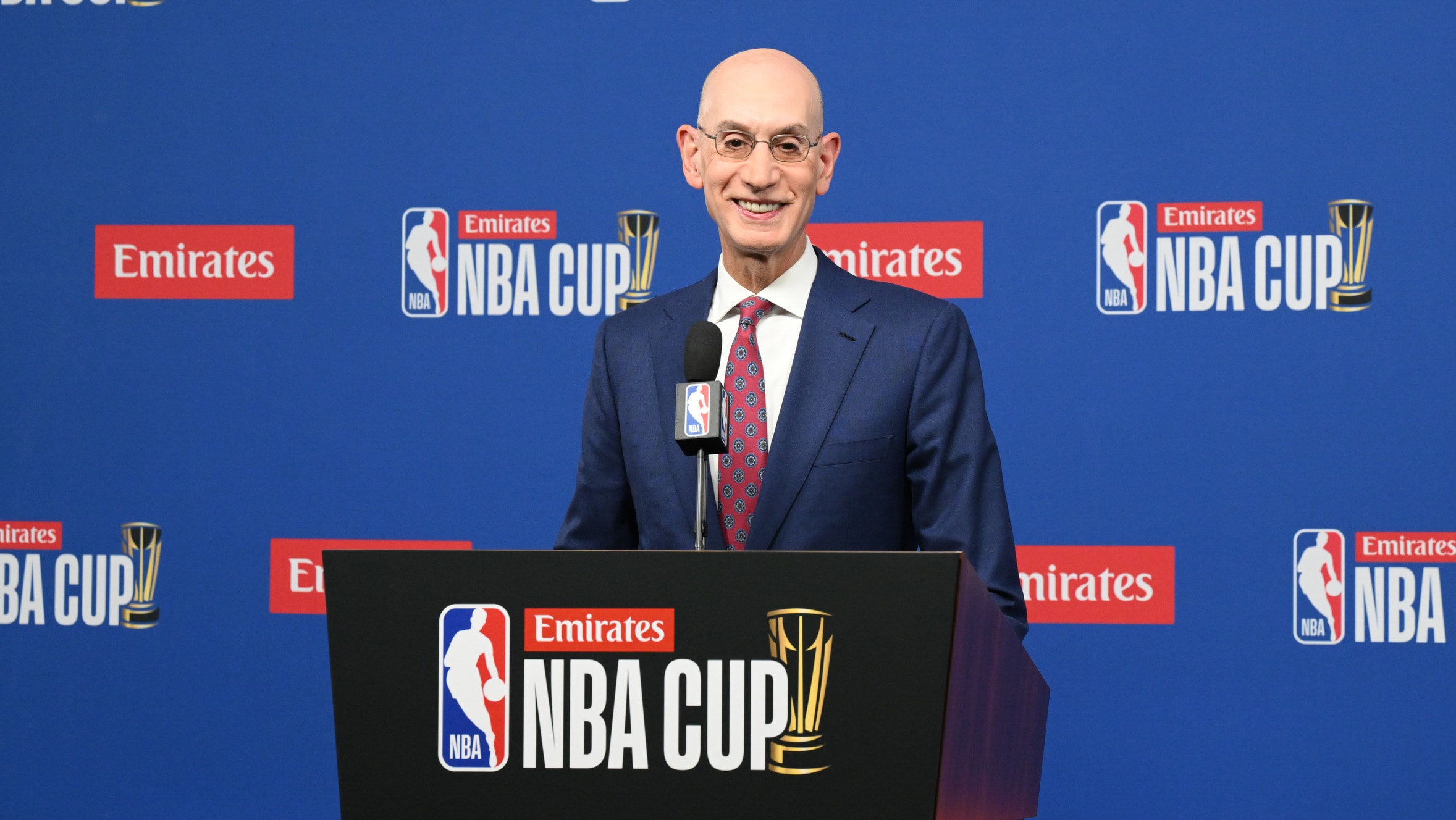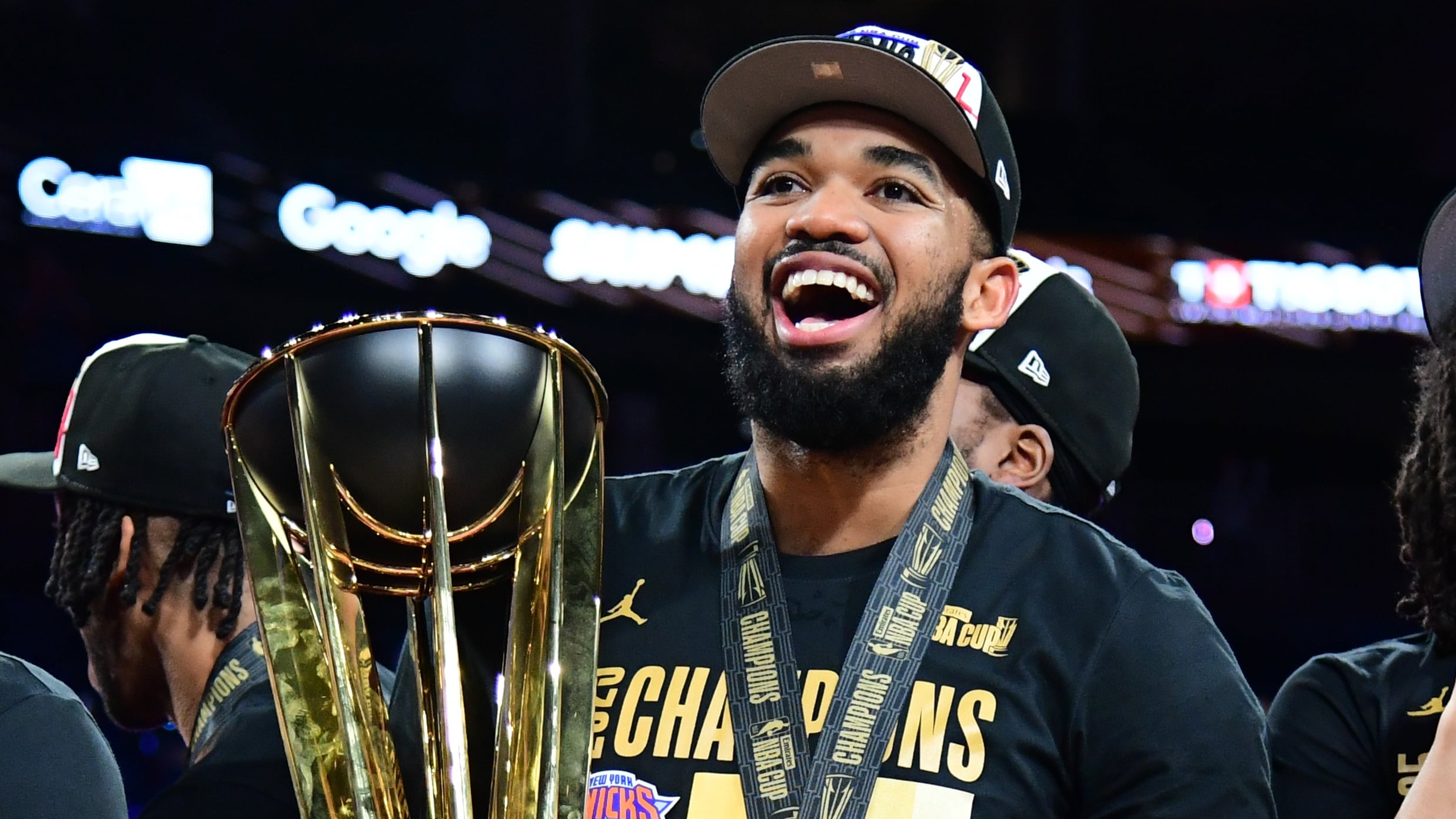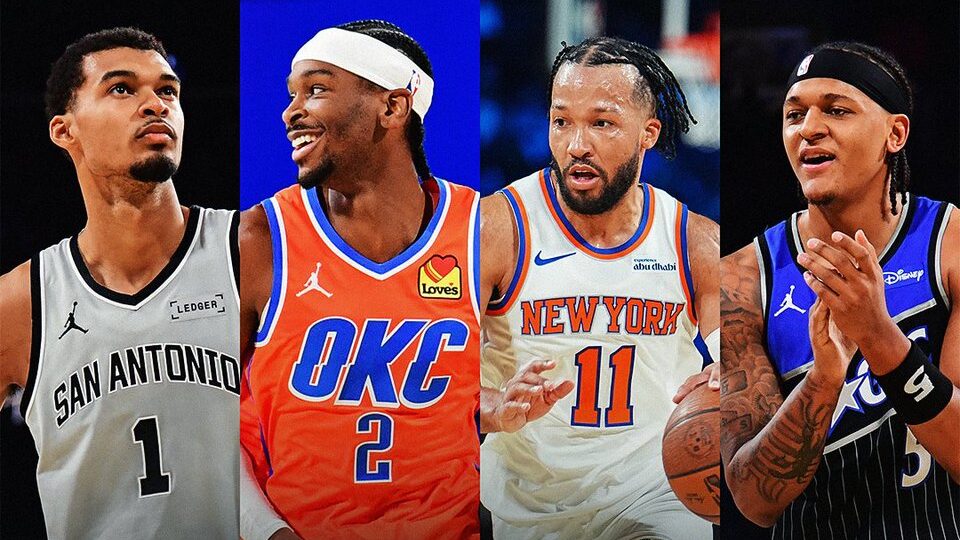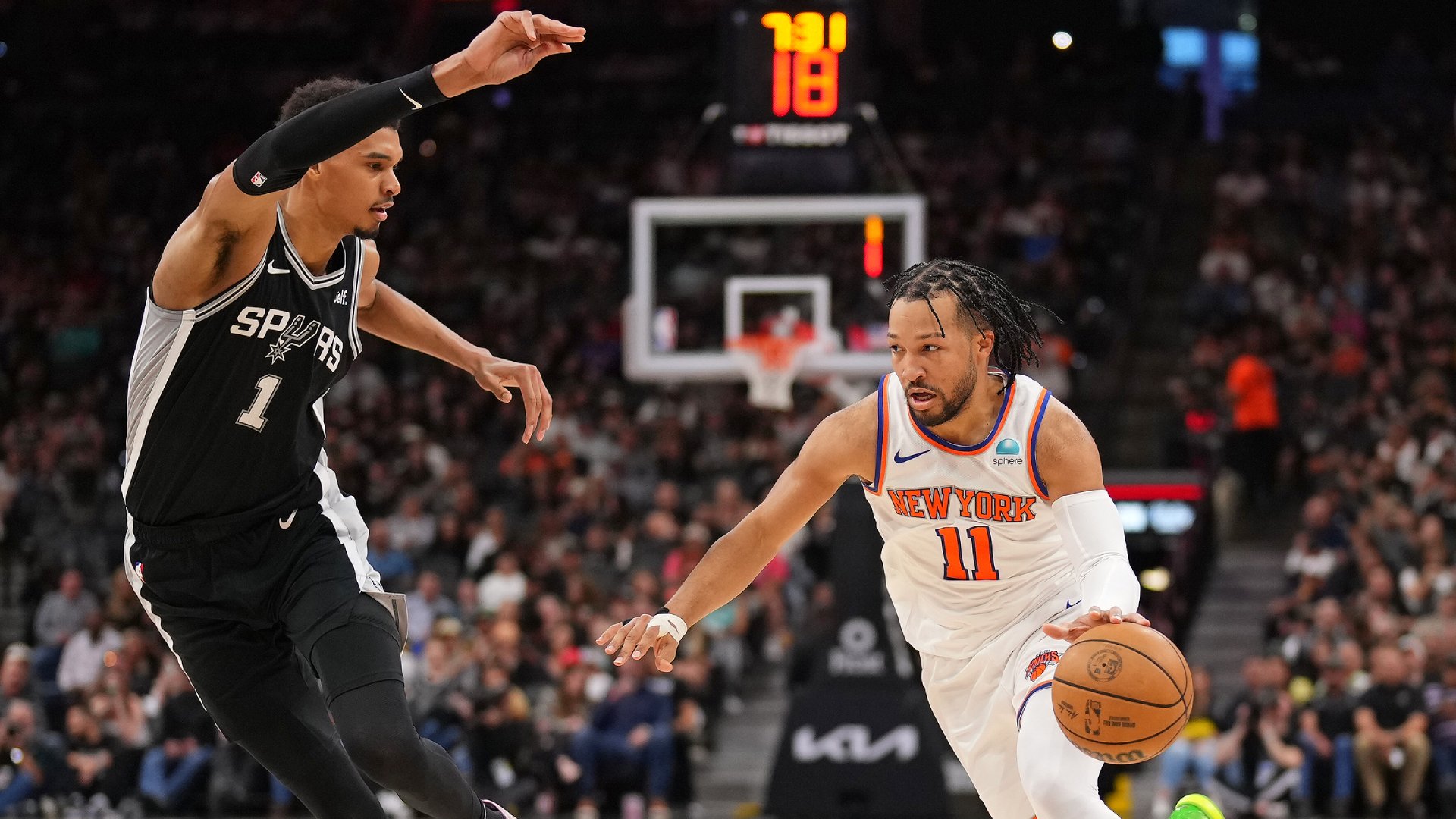It don’t mean a thing if you ain’t got that ring.
— NBA tradition, with apologies to Duke Ellington.
The engagement ring that First Lady Melania Trump got from husband-to-be Donald cost a reported $3 million. Beyonce’s big bright bauble from Jay Z before their 2008 wedding weighed in at 18 carats and $5 million. Then there was the honkin’ one (33.19 carats) Richard Burton got for Elizabeth Taylor in 1968, bought at auction for $307,000 and sold by her estate in December 2011 for $8.8 million.
Still cheaper, all of them, than the ring David West has paid for – and still doesn’t own.
The veteran power forward has forgone roughly $14 million over two years while playing for contenders – first San Antonio, now Golden State – who he hoped would hook him up with an NBA championship. West opted out of a $12 million deal with Indiana in 2015-16 to join the Spurs on for the veteran’s minimum ($1.5 million), then signed with the Warriors for the same when he at least might have landed a mid-level contract somewhere.
That’s the power of the piece of jewelry for which West still is playing. This time, 14 years in, he finally has reached The Finals. Golden State and Cleveland tip off in Game 1 Thursday (9 p.m. ET, ABC) in Oakland.
“Every football player wants to win the Super Bowl, every baseball player or hockey player wants to win the World Series or the Stanley Cup,” Cleveland Cavaliers forward Richard Jefferson said. “I think we’re no different. It means everything. It’s probably the reason I came here. When you get toward the end of your career, there’s a bucket list. Human beings have bucket lists and they say athletes die twice, so there’s things that you want to check off before you leave the sport. And going out on top is one of ’em.”
Jefferson so treasured his opportunity to finally win a championship ring last spring – two days before he turned 36 years old, at the end of his 16th NBA season – that in the emotion of the moment, he decided he was retiring. Within 72 hours, though, Jefferson had reconsidered. Now he’s headed back to the Finals, eager with the rest of the Cavaliers to repeat.
“I kind of stumbled into one and it was awesome to be able to experience it,” said journeyman Dahntay Jones, who signed with Cleveland on the final day of the 2015-16 season, logged 42 minutes in that night’s finale, then played a total of 50 minutes in 15 of the Cavs’ 21 postseason games.
Jones is at it again, appearing only in game No. 82 after re-signing that day, and again averaging 3.3 minutes in seven of Cleveland’s 13 games this spring. He wouldn’t have it any other way.
“It’s kind of addictive to where you want to experience it every year of your life. I can see why guys give up money and play for [certain] teams, always trying to get wins, because it’s absolutely an amazing feeling.”
Jones, of course, is 36. West is 36. Jefferson is a few weeks away from 37. And when talk turns to rings, that’s usually the age range in which the conversation settles, players deep into their careers who finally snag the prize for which (at least in part) they’ve been playing. Or fade away trying.
When you get older, you always want to win. That’s what you play in this league for, to be competitive.
Cavaliers head coach Tyronn Lue
Of the players who will get mentioned most often in these Finals for their ring quests, West, Kyle Korver (36) and Deron Williams (32) all are running low on chances. The exception is Kevin Durant, who is just 28 but gets talked of as a “ring chaser” in harsher tones.
Durant is the latest iteration of NBA star wanting to check off his ring box by taking an active role beyond the boundaries of the court. Back in the day, guys such as Wilt Chamberlain, Oscar Robertson and Earl Monroe demanded or lobbied for trades to contenders to improve their chances. A decade ago, Kevin Garnett and Ray Allen agreed to trades to Boston once they learned of GM Danny Ainge’s plans to build a Big Three.
Three years later, LeBron James, Chris Bosh and Dwyane Wade conspired to make it happen on their own, the first two as free agents who joined Wade in Miami. And last summer, it was Durant making the can’t-beat-’em-better-join-’em decision in free agency to climb on board with the Warriors, who had eliminated Durant’s Oklahoma City Thunder in the Western Conference finals.
Already, at age 27, Durant had begun to be labeled “the best active player not to have won a title.” He had given the Thunder nine seasons to get – with him, led by him, carried by him and cohort Russell Westbrook – where it and they wanted to go. He had tried two years longer with OKC than James did the first time around with Cleveland, yet heard nearly as much criticism, not just for leaving but for front-running.
Great former players unsheathed the same knives they had pulled on James, although one of them – Reggie Miller – said this: “We are judged on jewelry, so that’s why I can’t argue with it.”
It’s a thing, for the league’s stars anyway. Hall of Famers such as Dominique Wilkins, Patrick Ewing, Charles Barkley, Karl Malone, John Stockton, Allen Iverson, Tracy McGrady, Elgin Baylor and others still sometimes choke on the imaginary, elusive rings in their throats. People to this day frame the question – “Would you have rather had Steve Nash’s career or Steve Kerr’s?” – in a way that raises eyebrows about Nash’s back-to-back MVP awards relative to Kerr’s five championships as a sharpshooting role player.
Good-to-great players who got their rings with asterisks – latching onto a title team when their tanks were nearing empty – at least wiggled off the “never won” lists via the technicality. That group includes Mitch Richmond, Glenn Robinson, Kevin Willis, Michael Finley, Gary Payton, Antoine Walker and Rashard Lewis. New York’s Carmelo Anthony might hope to do the same this summer.
That leaves one more group of ring winners and chasers: Those who are fortunate enough, talented enough or both to do it early in their careers.
The 2017 Finals features a bunch of those players, owing to the fact that each team won a championship within the past 24 months. Stephen Curry (27 years old), Klay Thompson (25) and Draymond Green (25) seemed to be barely getting started when they helped the Warriors claim the Larry O’Brien trophy in 2015. Last June, Kyrie Irving was 24, Tristan Thompson was 25 and Kevin Love was 27 when the Cavaliers followed James’ lead in clawing back from that 3-1 deficit to win in seven games.
None of those guys going forward will feel the pressure to win in quite the same way that James did, and Durant does. When Irving exploded for 42 points to snatch Game 4 against Boston in the East finals from the jaws of defeat, he, James and the assembled media could speculate about the point in the point guard’s future when Irving will be his team’s first option and full-service leader, without any obligatory mention of ring responsibilities.
If Love wants to sign his next contract in a market where he prefers to reside – in Los Angeles or Portland someday – or, after accepting third-fiddle status behind James and Irving, again craves to be the man the way he was in Minnesota, so be it. He’s free and clear of being defined by winning titles.
Ditto for Thompson, who slipped in Golden State’s pecking order upon Durant’s arrival. He might still be the best shooting guard in the NBA and he remains a dynamic two-way player, so if he lets his contract run out in 2019, he can hit free agency to reassert his individual game at age 29, with one ring already in hand and possibly more.
It would be bad form for any of the participants active in this year’s Finals to talk openly about relaxing after one ring or daydreaming about a preferred destination. But Cleveland coach Tyronn Lue had two rings drop into his lap in his second and third seasons as a backup guard for the Los Angeles Lakers. He said last week he realized how fortunate he was.
“For me, it was just a blessing, just being [23] years old, being drafted to the Lakers, Jerry West giving me my first opportunity,” said Lue, who was actually drafted by the Nuggets and promptly traded to L.A. “There really wasn’t much for me to do. I was in a great situation.”
Lue played in the league eight more seasons, stopping in Washington, Orlando, Houston, Atlanta, Dallas, Milwaukee and Orlando again, earning an estimated $19 million of the $21 million he pocketed as a player. His ring days were over. His ring cravings were not, he said. They were stronger than any designs on All-Star status or even the money.
“When you get older, you always want to win,” he said. “That’s what you play in this league for, to be competitive.”
Korver said he has talked to older players who won rings with Cleveland – Jefferson, Channing Frye, James Jones – but not Irving or Thompson for how quickly their opportunities came. “When you’re younger, you’ve got so many things going on,” Korver said. “Personally, I think I would cherish it more coming later in my career.”
Dahntay Jones, however, said he did impart the lesson recently to his younger teammates. “[I told them] to be in the moment and appreciate what you have right now, because it’s not always going to be like this,” he said. “You’re not always going to be in a quest for a title. If you are, then you’re in the 0.5 percent of people who play this game. Don’t take it for granted.”
TNT broadcaster Kenny Smith had turned 29 a few months before his Houston Rockets team won the 1994 NBA championship. The Rockets won the next season, too. Smith’s career wasn’t long – he played his final game in 1997, less than 10 years after making his debut – but those rings raised his profile and boosted his confidence, both vital to his success since he retired.
It also elevated him in the pecking order of NBA players.
“It’s kind of like the badge of honor within the fraternity,” Smith said. “Players just value it so much, I don’t think guys chase it as much for what the fans are saying. Individually we kind of look at each other, and when a guy wins a ring, for the first two or three months, it’s ‘Yo, what’s up, Champ?’ They don’t even call you by your name.
“It’s like, being known in your own neighborhood is sometimes better than being known outside.”
Winning a championship, knocking off that bucket-list item, was liberating too, Smith said. “It freed me up the following year. It was like, ‘You can’t throw anything at me that I can’t catch,’” he said. “When guys would come to our team who hadn’t won, their expectation was to win. They were like, ‘Aw, we’re gonna win it. Playing with these guys, they know what they’re doing.’”
Smith recalled Chucky Brown, a forward from North Carolina State who was with his fifth team in five season when he got to Houston in February 1995.
“I went over to his house when we were in the middle of the playoffs. We were down 2-1 in a series, I think,” Smith said. “He had boxes all over his house. I was like, ‘What the hell are you doing?’ He was like, ‘Yeah, I’m getting ready, I’m packing for the end of the season. We’re not playing well.’
“I told him, ‘You need to unpack these boxes, man. We don’t do that. This is what we do, we go through these lulls. But no, we’re gonna win it all.’ So he unpacked all the boxes while I was at his house, and he was like, ‘I didn’t know. I’ve never been part of something like this.’ I told him, ‘No, this is good. We’re OK. We’ve been here before.’”
The Cavaliers and the Warriors both have been here before, part of the appeal of this first-ever Finals rubber match. No packing boxes till it’s truly over.
Steve Aschburner has written about the NBA since 1980. You can e-mail him here, find his archive here and follow him on Twitter.
The views on this page do not necessarily reflect the views of the NBA, its clubs or Turner Broadcasting.









